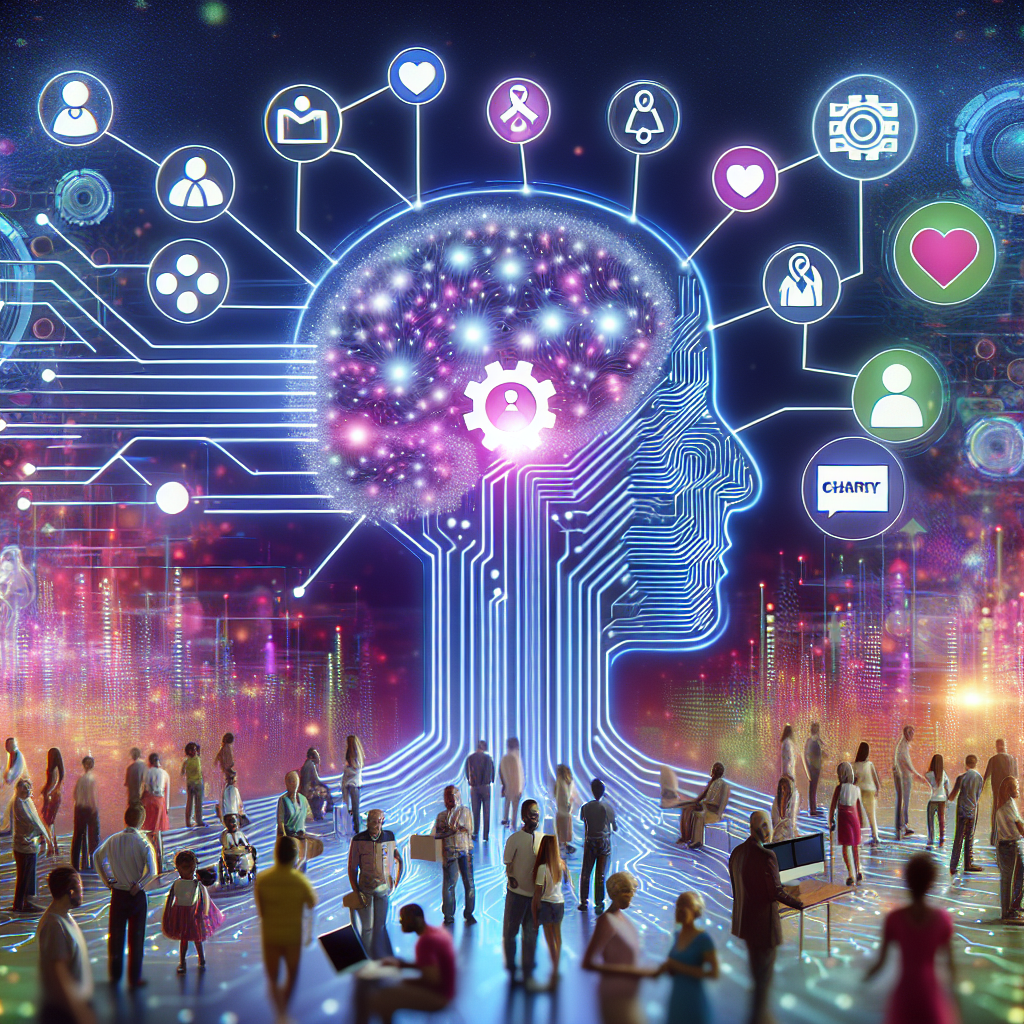In recent years, artificial intelligence (AI) has revolutionized many industries, including the nonprofit sector. Nonprofit organizations face unique challenges in terms of limited resources, staff turnover, and the need to make a significant impact with their programs and services. AI solutions can help nonprofits improve efficiency, increase their impact, and optimize their operations in a cost-effective way.
One of the key benefits of using AI in nonprofits is the ability to automate tasks that are time-consuming and labor-intensive. This frees up staff members to focus on more strategic activities that can drive the organization’s mission forward. For example, AI-powered chatbots can handle basic inquiries from donors and volunteers, freeing up staff members to focus on building relationships and cultivating major donors.
AI can also help nonprofits improve their fundraising efforts. By analyzing data on donors and their giving behavior, AI can help organizations identify potential major donors, create personalized fundraising appeals, and predict donor churn. This can lead to increased donations and a more sustainable revenue stream for the organization.
In addition to fundraising, AI can also help nonprofits improve their program delivery and impact measurement. By analyzing data on program outcomes and participant demographics, AI can help organizations identify trends, measure impact, and make data-driven decisions about how to improve their programs. This can lead to more effective and efficient services for the communities they serve.
AI can also help nonprofits improve their marketing and communications efforts. By analyzing data on social media engagement, website traffic, and email open rates, AI can help organizations identify which messages resonate with their target audience and optimize their messaging for maximum impact. This can lead to increased awareness of the organization’s mission and programs, as well as increased engagement from donors, volunteers, and other stakeholders.
Overall, AI solutions can help nonprofits improve their efficiency and impact in a variety of ways. By automating tasks, improving fundraising efforts, optimizing program delivery, and enhancing marketing and communications, nonprofits can achieve their goals more effectively and efficiently.
FAQs:
Q: Can small nonprofits afford AI solutions?
A: Yes, there are many affordable AI solutions available for nonprofits of all sizes. Many AI providers offer discounted pricing or free trials for nonprofit organizations.
Q: Will AI solutions replace human staff members in nonprofits?
A: AI solutions are designed to complement human staff members, not replace them. By automating routine tasks, AI can free up staff members to focus on more strategic activities that require human judgment and creativity.
Q: How can nonprofits ensure that their AI solutions are ethical and responsible?
A: Nonprofits should carefully vet AI providers to ensure that their solutions are ethical, transparent, and compliant with privacy regulations. Nonprofits should also establish clear guidelines and policies for the use of AI within their organization to ensure that it is used responsibly and ethically.
Q: How can nonprofits measure the impact of their AI solutions?
A: Nonprofits should establish clear metrics and KPIs to measure the impact of their AI solutions. By tracking data on fundraising, program outcomes, marketing engagement, and other key areas, nonprofits can assess the effectiveness of their AI solutions and make data-driven decisions about how to optimize them for maximum impact.

